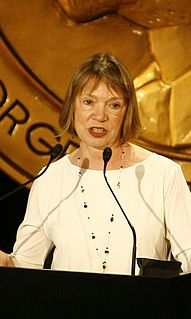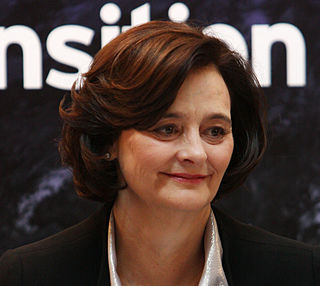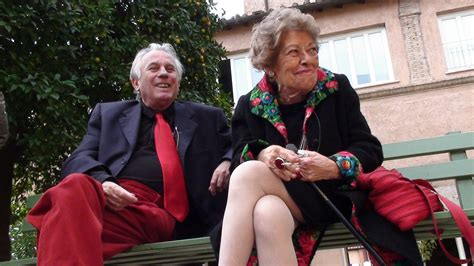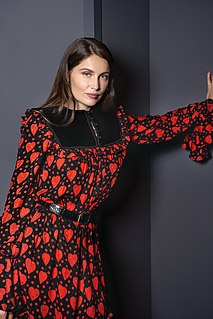A Quote by Rebecca Traister
Up until 1920, women couldn't vote. Until 1974, married women couldn't get their own credit cards or, in some cases, their own loans. Basically, the husband's professional, social, and economic identity covered the individual identity of the wife.
Related Quotes
..."Fun?" you ask. "Weren't feminists these grim-faced, humorless, antifamily, karate-chopping ninjas who were bitter because they couldn't get a man?" Well, in fact the problem was that all too many of them HAD gotten a man, married him, had his kids, and then discovered that, as mothers, they were never supposed to have their own money, their own identity, their own aspirations, time to pee, or a brain. And yes, some women indeed became bad-tempered as a result. After all, no anger, no social change.
The identity of just one thing, the "clash of civilization" view that you're a Muslim or a Hindu or a Buddhist or a Christian, I think that's such a limited way of seeing humanity, and schools have the opportunity to bring out the fact that we have hundreds of identities. We have our national identity. We have our cultural identity, linguistic identity, religious identity. Yes, cultural identity, professional identity, all kinds of ways.
My own foundation concentrates on women's economic empowerment on the basis that if women have their own money and are able to support themselves, they can make choices about what happens to them in their lives, about whether they have education, whether they get married, and what happens to their children.
It's my greatest success. Women did not vote in Italy until 1946. A good friend and I put together a group of women to protest this. I was very young, just a girl. We went to the Viminale [home of the Ministry of the Interior] and spoke to the chair of the ministry board. Thanks to our initiative, we got the bureaucracy rolling on giving women the right to vote. I have to thank my father for this. He was in Geneva at the League of Nations, and women voted there. He thought it was absurd that women didn't vote in his country yet.
My husband has an outstanding record in promoting opportunity for women and the women that he surrounds himself in his staff and the women that he has promoted throughout his career. He's the father of three daughters. He's obviously a husband who's been very supportive of a very active wife with her own career.
I believe that all men and women are created equal, but it took our country until 1920 to acknowledge this for women. And then it took until 1964, the year before I was born, to outlaw discrimination based on race, color, religion, sex, or national origin. And same-sex marriage became the law of the land in 2015.
When it comes to identity, that was an issue that plagued me for a lot of my life. It's something that I wanted to tap into. Film can really take you to other places, and sometimes that's necessary to understand your own identity or someone else's identity or just the issue of identity, in general. It takes you. It's borderless. It's boundless. It's universal.


































